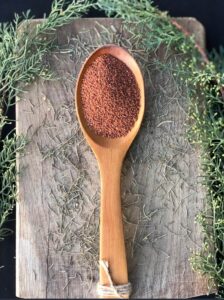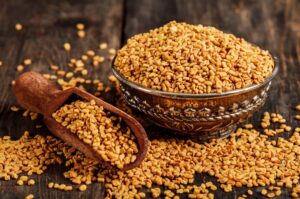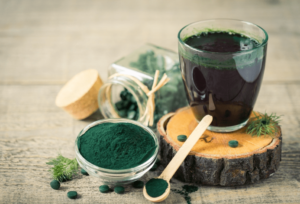The 11 Essential Health Benefits Of Curcumin
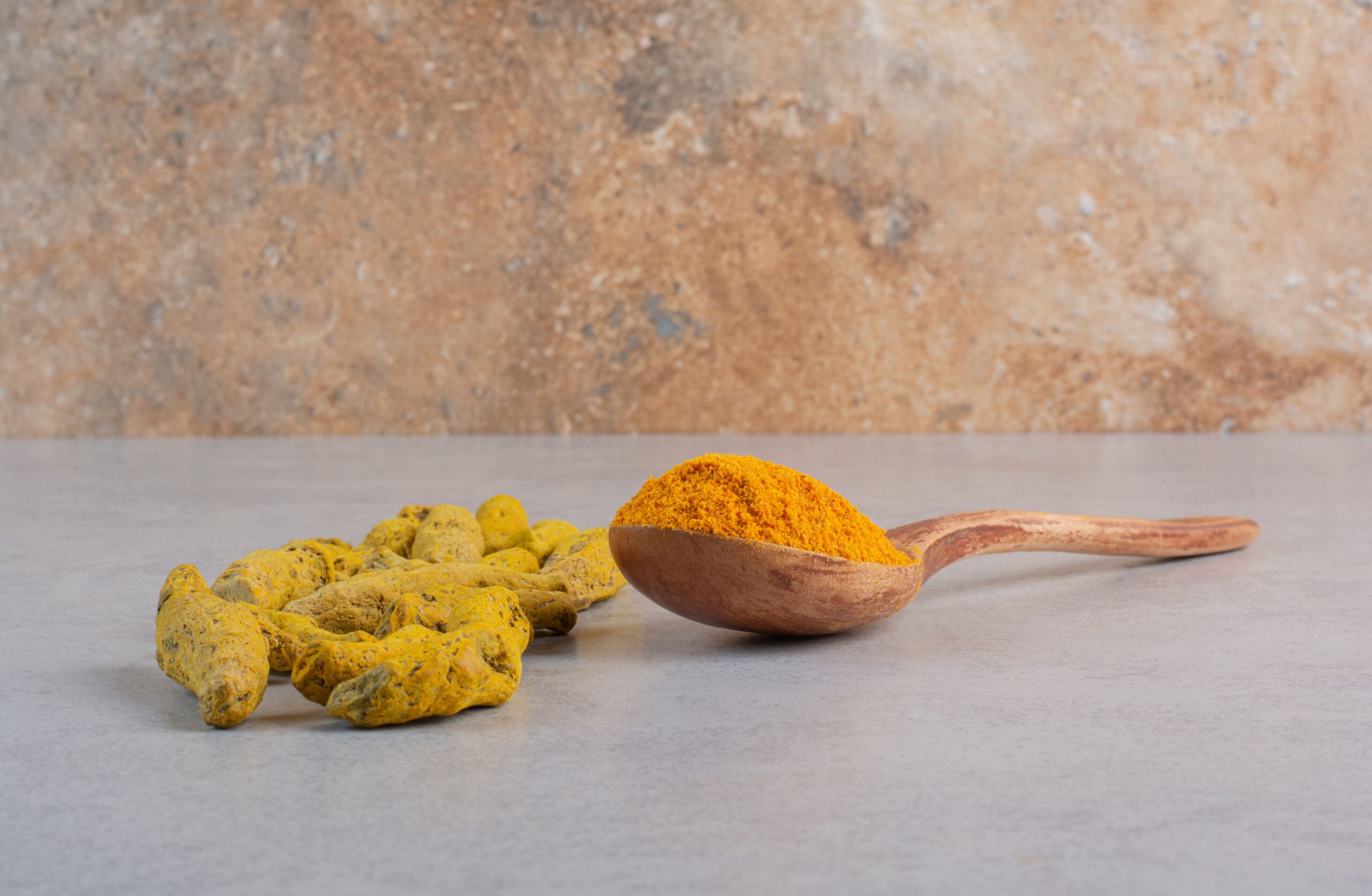
Curcumin, a natural compound found in turmeric, has gained significant attention in recent years due to its potential health benefits. Turmeric, scientifically known as Curcuma longa, is a vibrant yellow spice commonly used in traditional medicine and culinary practices in many parts of the world, particularly in Asian countries like India.
Curcumin is responsible for the characteristic bright yellow color of turmeric and is considered the primary bioactive compound within the spice. It has been the subject of extensive scientific research, with numerous studies investigating its medicinal properties and potential therapeutic applications.
Derived from the rhizome of the turmeric plant, curcumin has a long history of use in Ayurvedic and traditional Chinese medicine for its anti-inflammatory, antioxidant, and healing properties. It is known for its distinct flavor and aroma, making it a popular ingredient in curries, soups, and other culinary preparations.
The next section will provide an overview of the medicinal properties of curcumin, shedding light on its potential as a powerful natural compound for promoting health and well-being.
Overview of the Medicinal Properties of Curcumin
Curcumin is a versatile compound that possesses a wide range of medicinal properties. Its unique chemical structure contributes to its potent biological activity, making it a subject of interest for researchers and health enthusiasts alike. Here are some of the key medicinal properties associated with curcumin:
1. Powerful Anti-inflammatory Properties
Curcumin is renowned for its strong anti-inflammatory effects. It inhibits the activity of various enzymes and molecules involved in the inflammatory response, thereby reducing inflammation in the body. Chronic inflammation is associated with the development of numerous diseases, including cancer, heart disease, and neurodegenerative conditions.
2. Antioxidant Effects
Curcumin exhibits potent antioxidant properties, helping to neutralize harmful free radicals and protect cells from oxidative damage. Oxidative Stress, caused by an imbalance between free radicals and antioxidants in the body, is implicated in aging and many chronic diseases. By scavenging free radicals, curcumin supports overall cellular health.
3. Potential Cancer-Fighting Properties
Several studies have investigated the potential of curcumin in preventing and treating cancer. It has been found to inhibit the growth of cancer cells, induce apoptosis in cancer cells, and impede the formation of blood vessels that support tumor growth. While more research is needed, curcumin shows promise as a natural adjunct to conventional cancer treatments.
4. Support for Joint Health and Arthritis Management
Curcumin’s anti-inflammatory properties make it beneficial for individuals with joint conditions like arthritis. It helps alleviate pain, reduce joint swelling, and improve overall joint function. Additionally, curcumin may help inhibit the activity of enzymes involved in joint inflammation, providing relief for those with arthritis.
5. Promotes Brain Health and Reduces the Risk of Cognitive Decline
Curcumin has shown potential in supporting brain health and reducing the risk of age-related cognitive decline and neurodegenerative diseases such as Alzheimer’s and Parkinson’s. It can cross the blood-brain barrier and has been found to have neuroprotective, anti-inflammatory, and antioxidant effects in the brain.
6. Supports Cardiovascular Health
Curcumin may contribute to cardiovascular health by improving blood vessel function, reducing inflammation in the arteries, and regulating cholesterol levels. These effects can help lower the risk of heart disease, hypertension, and other cardiovascular conditions.
7. Helps Manage Digestive Disorders
Curcumin has been used traditionally to support digestive health. It can help reduce symptoms of conditions like Irritable Bowel Syndrome (IBS), Inflammatory Bowel Disease (IBD), and indigestion. Curcumin’s anti-inflammatory and antioxidant actions may contribute to its therapeutic effects on the digestive system.
8. May Have Skin Health Benefits
Some studies suggest that curcumin may have beneficial effects on skin health. It has been investigated for its potential in managing conditions like psoriasis, eczema, and acne. Curcumin’s anti-inflammatory and antioxidant properties may help soothe skin inflammation and promote healthy skin.
9. Eye Disorders
Curcumin has shown promise in supporting eye health and protecting against certain eye disorders, such as age-related macular degeneration (AMD) and cataracts. Its antioxidant and anti-inflammatory properties play a role in maintaining optimal eye function.
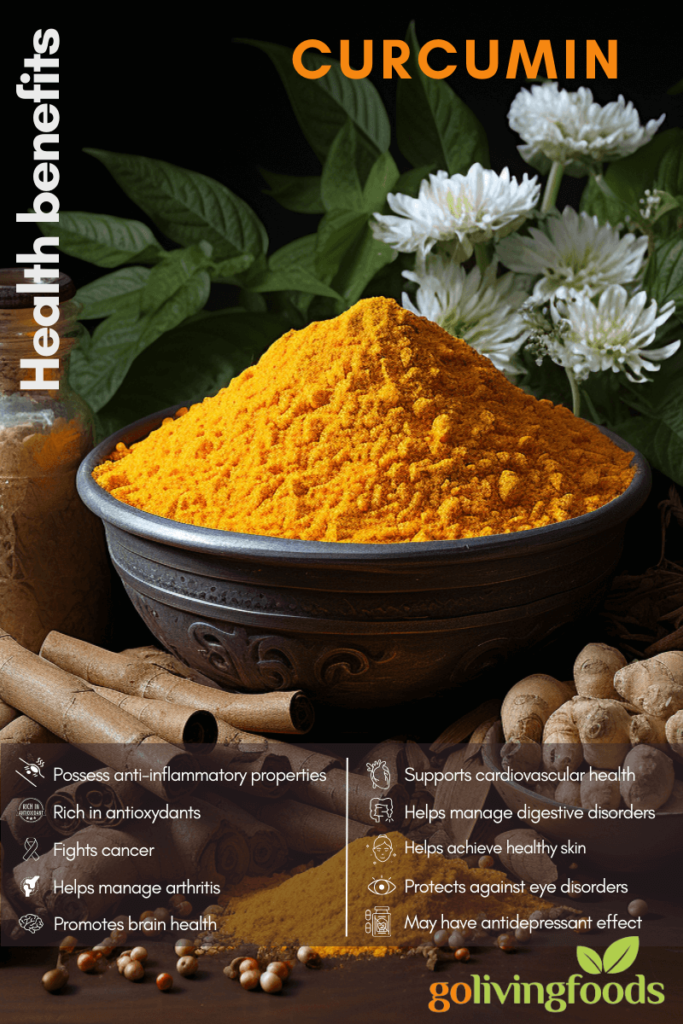
10. Depression and Anxiety
Preliminary research suggests that curcumin may have antidepressant and anxiolytic (anti-anxiety) effects. It is believed to modulate neurotransmitters and inflammatory pathways involved in mental health disorders. However, further studies are needed to establish its efficacy and optimal dosage.
11. Type 2 Diabetes
Curcumin has been investigated for its potential benefits in managing type 2 diabetes. Studies have shown that it may help improve insulin sensitivity, regulate blood sugar levels, and reduce the risk of complications associated with diabetes. Curcumin’s anti-inflammatory and antioxidant properties may contribute to its therapeutic effects in diabetes management.
Different Ways to Incorporate Curcumin into Your Diet
Curcumin can be incorporated into your diet in various creative and delicious ways. Here are some ideas to help you enjoy the health benefits of curcumin:
Remember to combine curcumin with black pepper or healthy fats like coconut oil or olive oil to enhance its absorption in the body. Black pepper contains a compound called piperine, which increases the bioavailability of curcumin.
Precautions and Considerations When Using Curcumin Supplements
While curcumin is generally safe for most people, it’s important to be aware of certain precautions and considerations when using curcumin supplements. Here are some key points to keep in mind:
Always remember that while curcumin offers potential health benefits, it should not replace medical advice or treatment for specific health conditions. If you have any concerns or questions, consult with a healthcare professional who can provide personalized guidance based on your individual circumstances.
Takeaway
In conclusion, curcumin has shown immense potential in promoting overall health and well-being. Its anti-inflammatory, antioxidant, and therapeutic properties make it a fascinating compound worthy of further research. By incorporating curcumin into your lifestyle, whether through diet or supplementation, you may harness its remarkable health benefits and enhance your quality of life.


